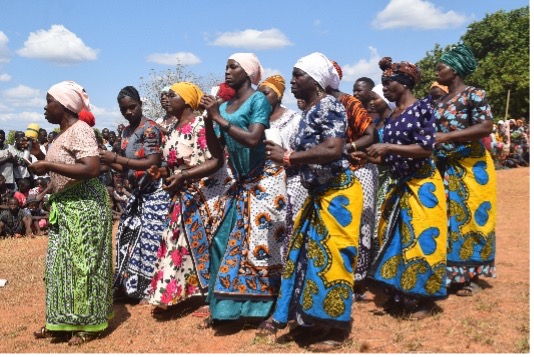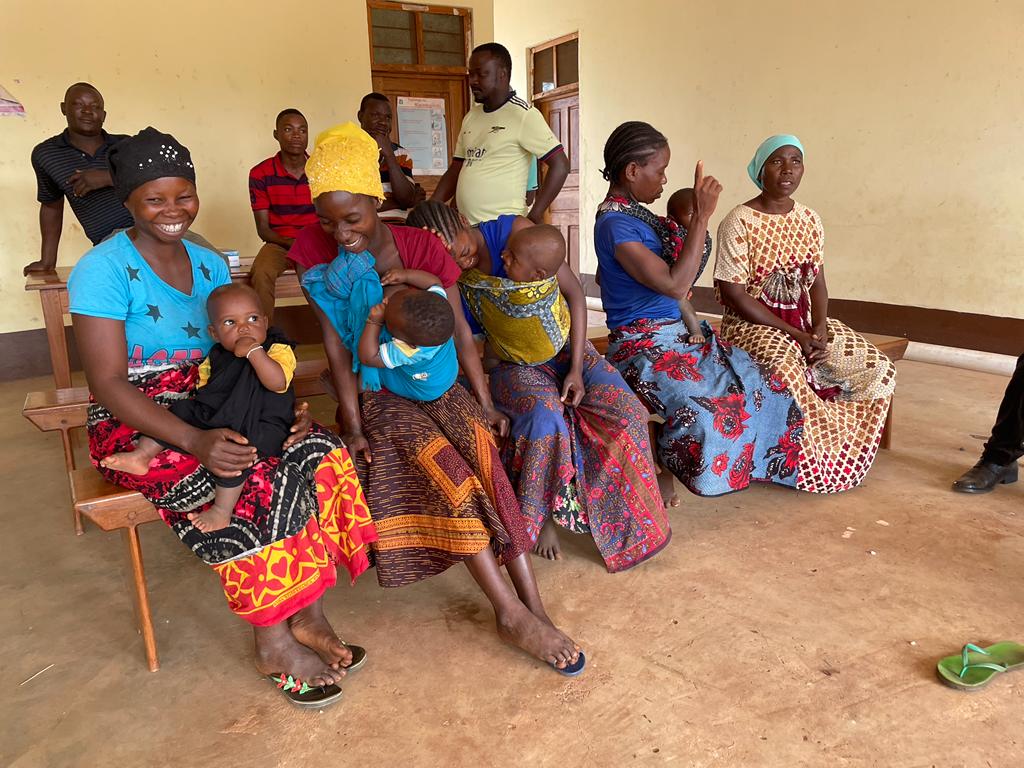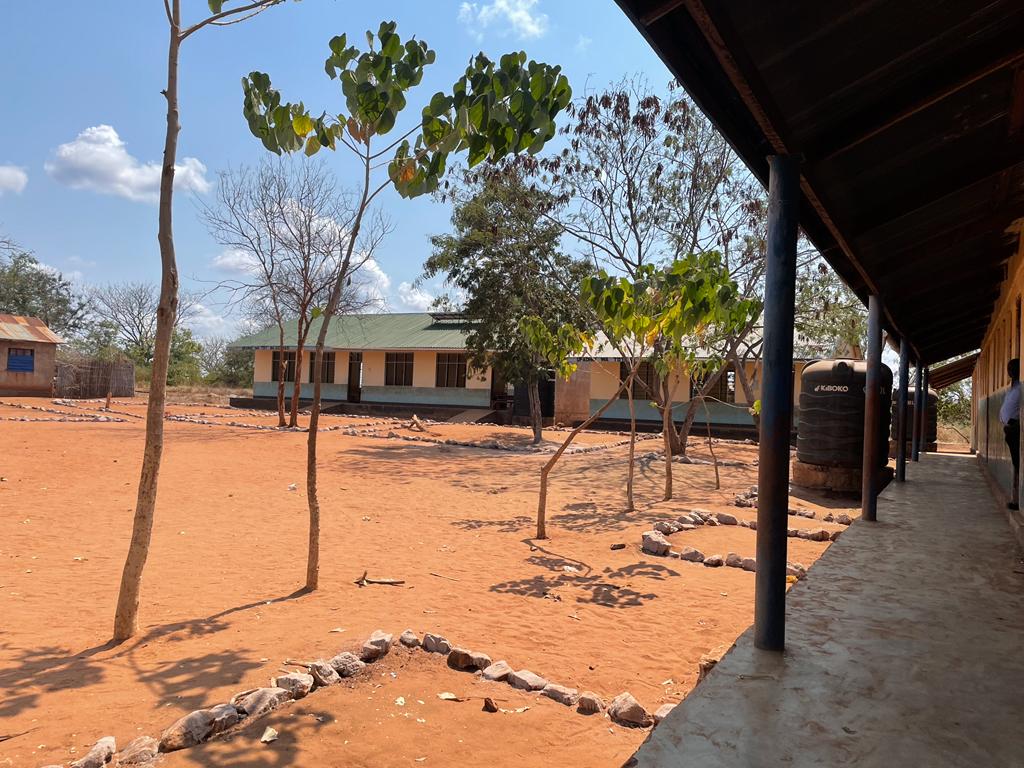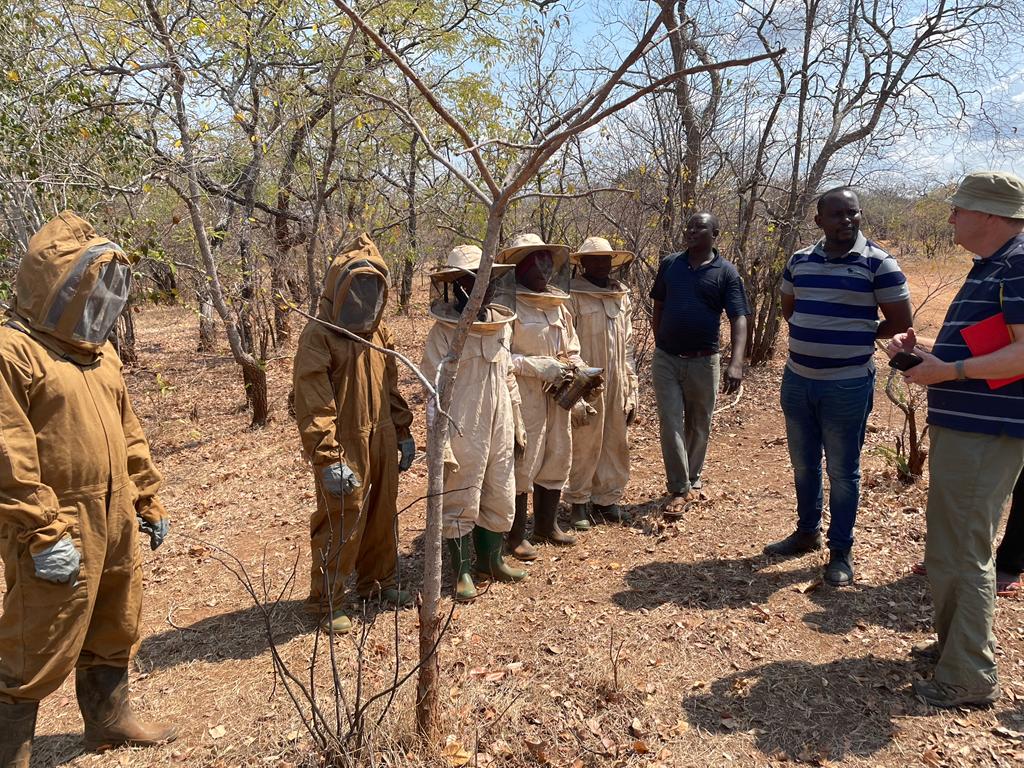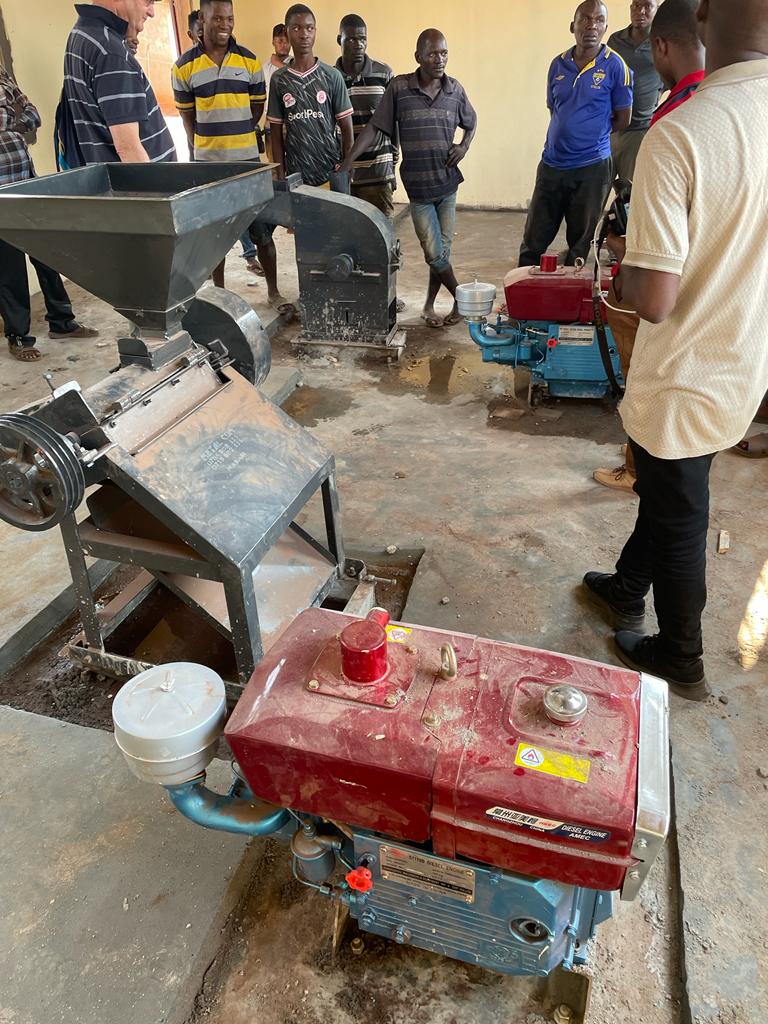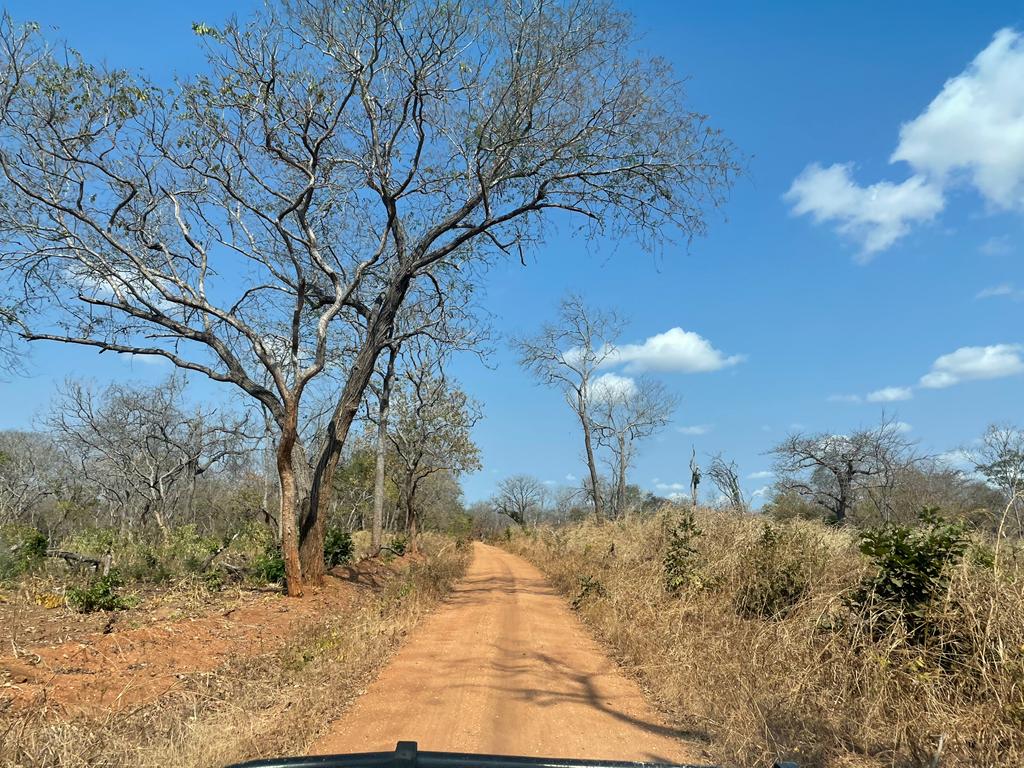Marumba: Achieving self-sufficiency in the village of Marumba, Tanzania
About the program
eu can aid and Tanzania Development Trust (TDT) , London based Charitable Trust, set up a joint program to support the inhabitants of Marumba village (Tanzania) by implementing seven-years integrated program so to help them achieve self-sufficiency and a better quality of life. The program took place from 2015 to 2021.
The site was regularly visited by us and our partner TDT to see all the projects jointly funded, to discuss their benefits with villagers and to listen to their plans. The speedy implementation and the good use of the funded projects was evident after each in-site visit.
In July 2022 the 7-year collaboration saw the evaluation and celebration of our projects in the village and the end of the program.
Why did we need to support a project in this area?
The village of Marumba was one of the most vulnerable villages in Nanyumbu District, Tanzania, because of its remoteness and its geological site. The population was about 2,700 people, with a high
rate of illiteracy (40%) and most of the local people lived below the poverty line, with one dollar a day. Only 30% lived in houses made of cement bricks with tin roofs, 65% in houses made of trees and mud, covered with roofs with grass and 5% in houses completely made of grass. Most people depended on agriculture and animal care as a source of food, employment, and other basic needs such as shelter, education, clothing, and transportation.
It started with Marumba locals identifying their needs. eu can aid and TDT encourage village leaders to identify their priorities as part of a village development plan. Given the poor existing installations, in 2015 Marumba villagers identified these urgent needs: Water shortage; Solar power; Income generation; Classes for primary school. Later on the need to take a better care of the natural environment has also been brought.
What has been accomplished?
Please see below the video summarizing the achievements of Marumba program.
There was a serious water shortage in Marumba village whereby people were walking 20kms – 6 hours per day – to find water in the Ruvuma River. The most vulnerable were women and girls who
normally performed triple roles in the community, domestic roles included. Due to increased population each year, there was also an increasing water demand at the village. We have funded the
drilling of a borehole and purchase and installation of a water tank. These additions were important for sustainable growth of Marumba population.
There was a critical problem of light, especially at night. The medical staff were forced to use kerosene lamps and torches to help patients who came to seek services at night – mostly pregnant
mothers in labour. A poor performance within the health services has been observed. The installation of solar power was the only possible solution to avoid any medical risk and help the staff in upgrading their performance. eu can aid! and TDT financed the installation of 10 solar panels in the dispensary. eu can aid! contribution was supported by the generous donation of Solar Solidarity International asbl.
Furthermore, school classrooms and teachers’ room were also powered by solar energy with the help and additional generous donations from Solar Solidarity International asbl. The Maternity Unit has also been equipped with solar power in order to improve reception of patients during nighttime.
Most households, especially vulnerable groups as widows, mentally disabled children, and leprosy victims were facing life hardships. Poorly built houses, very low incomes, food insecurity, poor
management of their day-to-day life are the direct consequences of a consistent lack of income. Because of low level of knowledge and skills, villagers run their agricultural activities and small-scale
projects unprofitably.
Initiatives like bee keeping programs, goat keeping, garden projects and access to microfinance to start small business activities were identified as an excellent approach to help
these marginalized people to overcome extreme poverty.
A group of 30 beneficiaries was selected to benefit of 70 hives and 6 suits, which are used by rotating visits to the installation. New beekeepers were given some liters of honey to sell on the local market and, by setting a new group, started their own beekeeping activity. Thus with our initial support, the skills accelerated within the community.
Marumba also took up chicken by buying 1000 better breed chickens and distributing to initial 100 beneficiaries who later gave chickens to new participants of the projects, thus expanding the beneficiary number each year. The village also installed a mill for food processing making the benefits available for the primary school.
In Marumba, there were only 4 classrooms while the need was to have 10. Most of courses were given under the trees, which, especially in the rain season caused lot of absenteeism and at mid-
term increased illiteracy. During our collaboration, 3 new classrooms were constructed. In addition, new toilets for children and teachers were built and plastic water tanks (each 10,000 litres) are now use and to collect the rainwater.
The construction of a kindergarten was a follow-up of our mission in October 2018 where villagers expressed the wish as a matter of priority to build a small kindergarten for their kids. 43 kids were staying outside under the cashew nut tree and getting their education in all weather conditions.
There was no secondary school in the ward (district) where the Marumba village forms a part of. The 8 villages used to send their children to the secondary school of a neighboring ward and these kids did not have a good chance to be received because the next secondary school is beyond its limits. A new secondary school has been built in Mkonona village.
With the improvement of facilities and opportunities, people started to take better care of the local environment. During the extended period, in cooperation with our partner TDT, we provided 2,000
avocado and mango trees.
Pupils have planted and pruned the trees under the guidance of the teachers and the school set an environmental and health club of the pupils who will water the trees when there is not enough rain.
Trees planted at school are owned by the school community and the health committee owns those planted at the dispensary and those planted in public areas are owned by the village council.
Please see below the Overview video of our Marumba Village Development Project!
- All
- Gallery Item
